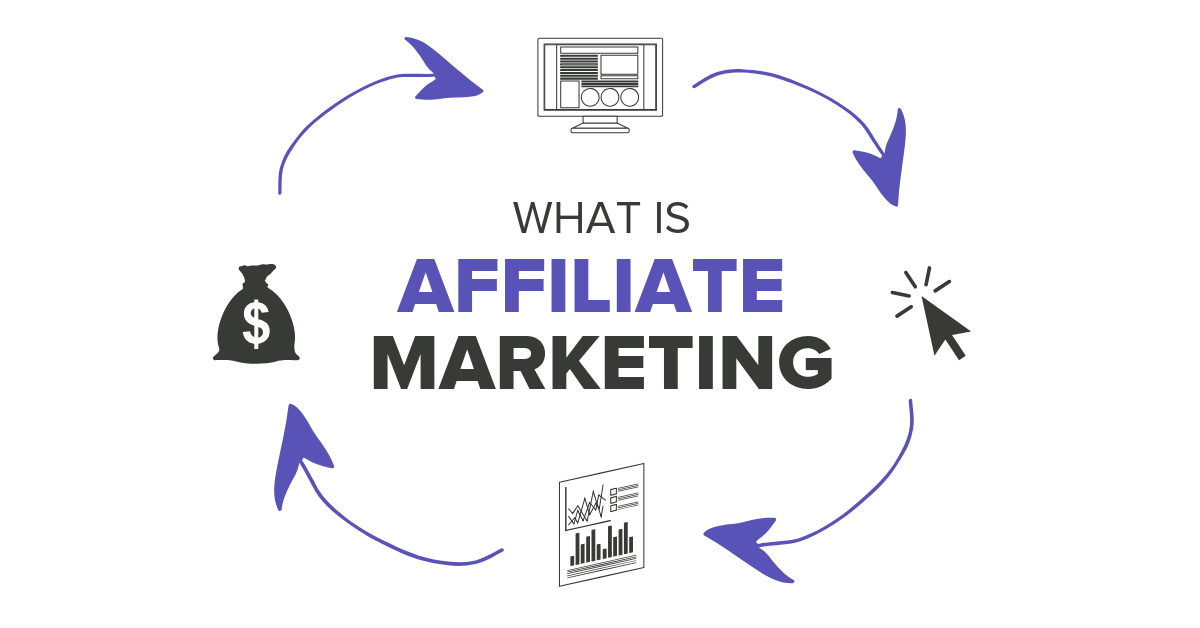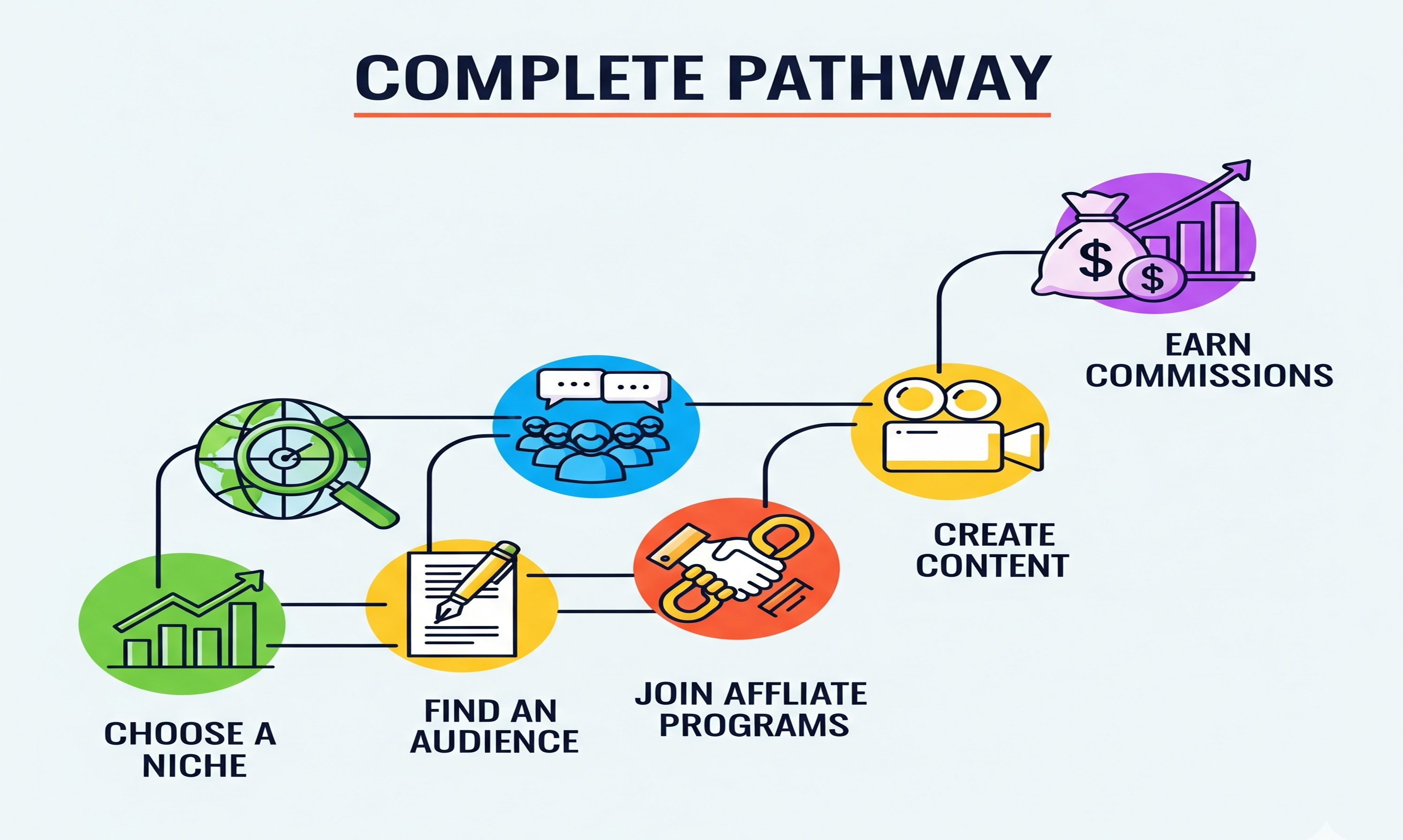Building a Sustainable Business: More Than Just a Trend

Share this article:
Reading time: 9 min read
From Struggle to Success: My Journey in Building a Sustainable Business
I have a significant interest in the subject of sustainable businesses not just because I have learned and understood the concept of building a business that can sustain itself, but simply because I have done it myself. This is why I believe this article should claim your attention.
I like to be very blunt from the beginning, so let me state a fact: building a business that relies on itself is not a child’s play. It is difficult, time-consuming, and even more challenging when you do not have sufficient capital to accelerate growth and meet demands. However, if we can do it, you can do it as well.
But building a sustainable business does not only refer to creating a company that can rely on itself financially. It also refers to developing a business that is resilient, socially responsible, and environmentally conscious.
A truly sustainable business is one that balances profit with purpose, growth with ethics, and innovation with long-term stability.
It means putting systems in place that allow the company to thrive regardless of external pressures, while also contributing positively to the community and minimizing harm to the environment. In other words, sustainability in business is not only about survival, it is about building something that lasts, creates value for all stakeholders, and leaves a legacy worth being proud of.
The concept of sustainable business has evolved from a niche movement to a core strategy for long-term success. Today, consumers, investors, and employees are increasingly demanding that companies operate with a sense of social and environmental responsibility. This shift is not just about doing good; it's about building a resilient, innovative, and profitable business for the future.
When we started GoDigital in 2022, we had to consider all those factors. From the very beginning, we aligned our operations with sustainability principles, ensuring compliance with industry standards, local regulations, and global best practices. We have adopted ethical business policies, invested in responsible digital solutions, and built systems that prioritize transparency, accountability, and long-term value creation.
By following all the rules and integrating sustainability into every aspect of our strategy, GoDigital has positioned itself as not only a technology partner but also a responsible business that contributes positively to society and the environment. This foundation allows us to innovate with confidence, build trust with our stakeholders, and ensure growth that is both profitable and sustainable. This article will explore what it means to be a sustainable business and provide a framework for integrating these practices into your operations.
The True Meaning of a Sustainable Business
A sustainable business stands on three pillars:
1. Financial Sustainability
A company should be able to generate enough revenue to cover its operations, reinvest for growth, and reduce reliance on external capital.
2. Social Sustainability
A business should treat its employees fairly, support its community, and operate with transparency and accountability.
3. Environmental Sustainability
Businesses should minimize harm to the environment, manage resources wisely, and align with eco-friendly practices whenever possible. When these three pillars are in balance, a business is not only surviving, it is thriving.
The Challenges of Building a Sustainable Business
The journey to building a sustainable business is filled with challenges:
1. Limited access to capital: Especially in developing markets, finding investors or lenders is difficult.
2. Time and patience: Building systems that work long-term takes years, not weeks or few months.
3. Market resistance: Sometimes customers or partners don’t immediately see the value of sustainable practices.
In my own journey, I faced many of these challenges. I failed multiple times, often because I lacked the right tools—a website, a custom domain, or even a professional email address. There was a time when we lost a huge contract because we did not have a tax clearance.
Our company could provide the services that client wanted at the moment, but certain documentation that ensured professionalism and reliability were not available. It is not that our business was not eligible for this documentation, we just did not have a system in place to get expired documents updated immediately.
We had to work on the system. But those failures became lessons that eventually shaped our approach to sustainability and that’s why I am able to write my experience today to make sure you are not making the same errors I had made.
Why It’s Worth the Effort
Despite the difficulties, building sustainably is always worth it. Here’s why:
-
Sustainable businesses are resilient during crises.
-
They attract loyal customers, investors, and employees who value trust and responsibility.
-
They reduce long-term risks by planning for the future instead of chasing quick wins.
For us at GoDigital, once we invested in hosting, built a proper website, and began using professional tools, our work gained more credibility. Not just that, all our legal documents were updated. Clients and readers trusted us more because they saw that we were serious about what we were building.
Have you ever been to a business forum and lost a potential client only because you did not have a business card? Yes, I have. Because I did not have a business card, I cost our company huge amount. I met a potential client who did not take me seriously only because I did not have a common business card. In this age, for people to respect you and what you do, having a custom business card is key.
Practical Steps to Build a Sustainable Business
1. Start Lean, Grow Steady
Use what you have, reinvest profits, and avoid unnecessary debt. Start by maximizing the resources already within your reach, your skills, time, connections, and assets; because success often comes from resourcefulness, not abundance. As you begin to earn income, discipline yourself to reinvest a significant portion back into your business, education, or personal growth, allowing your profits to compound and create sustainable expansion.
Avoid taking on debt that doesn’t directly generate value or income, since unnecessary borrowing can limit your flexibility and create long-term financial strain. By focusing on smart reinvestment and mindful spending instead of relying on debt, you build a strong foundation for lasting growth, independence, and financial stability.
2. Focus on Systems
Automate tasks and document processes so your business can function smoothly. By automating repetitive or time-consuming activities, such as scheduling, invoicing, inventory management, or customer follow-ups; you save valuable time, reduce human error, and create space to focus on strategic growth.
Equally important is documenting your workflows, systems, and procedures in clear, accessible formats so that anyone on your team can understand and replicate them. This is what Cloud Assess called Standard Operating Procedure (SOP) SOPs ensures consistency, efficiency, and continuity, even when key people are unavailable.
For example, The production of Coca-Cola is protected by a system of compartmentalization and strict standard operating procedures (SOPs) that do not depend on any single person. Even if key executives or flavor chemists were to become unavailable, the company has redundant processes and documented procedures to ensure continuous production.
Together, automation and documentation transform your business from being dependent on individuals to being driven by well-designed systems, allowing it to scale and operate smoothly with less oversight.
3. Build Trust
Use transparency, accountability, and professionalism in all interactions to build trust, credibility, and long-term success in your business. Transparency in business communication helps clients, partners, and employees understand your goals, decisions, and processes, creating confidence in your brand.
Accountability ensures that you and your team take ownership of results, meet deadlines, and handle challenges responsibly, which strengthens customer loyalty and internal teamwork. Professionalism reflects your brand values through respectful communication, reliability, and consistent quality in every engagement. When your business consistently upholds transparency, accountability, and professionalism, it enhances your brand reputation, improves customer satisfaction.
4. Invest in People
Train your team and empower them to grow with your business to build a strong, scalable, and high-performing organization. Providing comprehensive employee training ensures that your team has the skills, knowledge, and confidence to execute tasks efficiently and maintain high-quality standards. Empowering your employees through mentorship, clear communication, and opportunities for growth fosters employee engagement, loyalty, and innovation, which are critical for long-term business success.
By investing in team development and encouraging professional growth, your business not only increases productivity but also strengthens its company culture and brand reputation. A well-trained, motivated team can help your business scale effectively, improve customer satisfaction, and enhance your online presence through positive reviews and consistent service quality, making it an essential strategy for sustainable growth.
5. Think Long-Term
Avoid shortcuts that might harm your reputation or stability to ensure long-term success and sustainable business growth. While cutting corners may seem like a quick way to save time or reduce costs, it can lead to mistakes, compromised quality, or legal and ethical issues that damage your brand reputation. Maintaining high standards in every aspect of your business, from product quality and customer service to compliance and internal processes; builds trust with clients, partners, and employees.
Prioritizing integrity over shortcuts enhances your business credibility, supports customer loyalty, and protects your company’s long-term stability. By focusing on thorough, ethical, and reliable practices, your business can achieve sustainable growth, positive online reviews, and strong search engine authority, all of which are essential for maintaining a competitive edge in today’s market.
Lessons From My Journey
we once relied on free tools like Gmail for email marketing, and most recipients didn’t trust our outreach. I realized that to be taken seriously, we needed a professional domain and reliable hosting. Today, we host several websites with Hostinger, and that simple shift has made all the difference. What failed before was not our ability, but lack of sustainable practices. Once we embraced systems, professionalism, and patience, the results started to come.
Final Thoughts
Building a sustainable business is not easy, but it is possible. It takes patience, persistence, and a commitment to doing things the right way, even when it’s hard. If I can do it, you can do it too. The key is to start with what you have, invest in building systems that last, and never lose sight of the bigger picture: creating a business that is profitable, responsible, and built to endure.
Until we meet again, cheers to your success in whatever you want to achieve!





